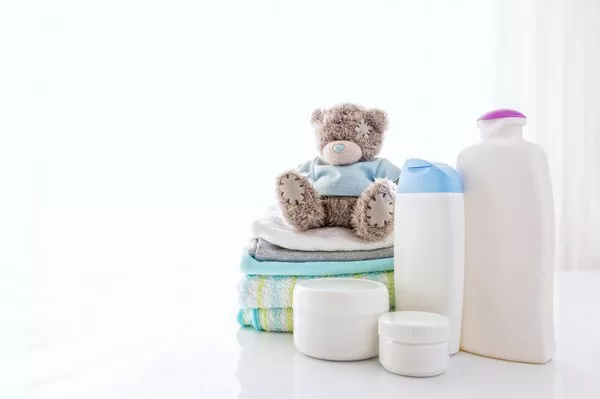As a new parent, one of the most important things you can do for your baby is to ensure their health and safety. Properly preparing their feeding supplies, such as baby bottles, is a critical part of this process. Before using a new bottle for the first time, it’s essential to properly clean and sterilize it to remove any harmful bacteria or particles that may be present.
Today, we’ll discuss what you should do with baby bottles before first use. We’ll cover everything from cleaning and sterilization to storage and inspection. By following these steps, you can rest assured that your little one’s feeding supplies are safe and healthy.
-
Clean the Bottles
The first step in preparing a new baby bottle is cleaning it thoroughly. Even though the bottles may appear new, they can still harbor dust, dirt, and other contaminants from the manufacturing process. To clean the bottles, follow these steps:
- Wash your hands thoroughly with soap and water.
- Rinse the bottle with cold water to remove any loose particles.
- Use warm soapy water to wash the bottle and nipple. You can use a bottle brush to clean the inside of the bottle and a nipple brush to clean the nipple’s small crevices.
- Rinse the bottle and nipple with hot water to remove any soap residue.
-
Sterilize the Bottles
Once the bottles are clean, the next step is to sterilize them. Sterilizing is the process of killing any remaining bacteria and germs that weren’t removed during cleaning. There are several ways to sterilize baby bottles:
- Boiling Method: Place the bottles and nipples in a pot of boiling water for at least 5 minutes. Make sure that the bottles are fully submerged and not touching the sides or bottom of the pot. Remove the bottles and nipples with tongs and let them air dry on a clean dish towel.
- Microwave Method: Fill the bottles with water and microwave them for 60 seconds. Be sure to remove any metal parts (such as the nipple or collar) before microwaving. Let the bottles cool before removing them from the microwave.
- Electric Steam Sterilizer: An electric steam sterilizer uses hot steam to kill bacteria and germs. Follow the manufacturer’s instructions for correct usage.
It is important to note that you should sterilize the baby bottles until your baby is at least 3 months old, or if they were born prematurely, until they are at least 6 months old. After that, you can continue to clean the bottles, but sterilization isn’t necessary unless your baby has a weakened immune system.
-
Store the Bottles Properly
After cleaning and sterilizing the bottles, it is important to store them correctly. Place the bottles and nipples in a clean, dry place, such as a cabinet or drawer. Keep the bottles covered with a lid or cap to prevent dust and other particles from settling inside the bottle or nipple.
-
Check the Bottles for Damage
Before each use, inspect the bottles and nipples for any signs of damage, such as cracks, chips, or scratches. If you notice any damage, discard the bottle immediately, as this could lead to harmful bacteria growth.
-
Use the Correct Formula
Another important aspect of preparing baby bottles is ensuring that you use the correct formula. Always read the label on the formula container, as different formulas may require different water-to-formula ratios. Additionally, make sure to use age-appropriate formulas according to your baby’s age.
-
Consider Boiling Your Water
While not directly related to preparing the bottle itself, boiling your water is an important step in ensuring that the bottle and its contents remain sterile throughout the feeding process. Boil tap water for 1 minute and let it cool before pouring it into the bottle.
In Conclusion
Preparing new baby bottles requires proper cleaning, sterilization, storage, and inspection before each use. Following these steps will ensure that your little one’s feeding supplies are safe and healthy. Remember to always wash your hands before handling baby bottles and to consult your pediatrician with any feeding concerns or questions. With a bit of effort and attention to detail, you can provide the best possible start in life for your little one.


